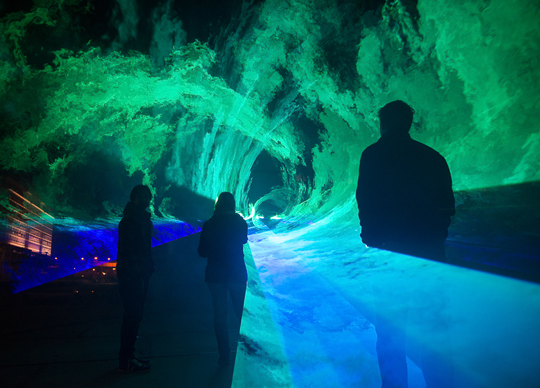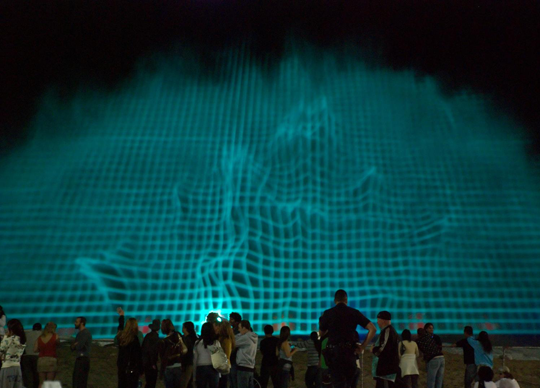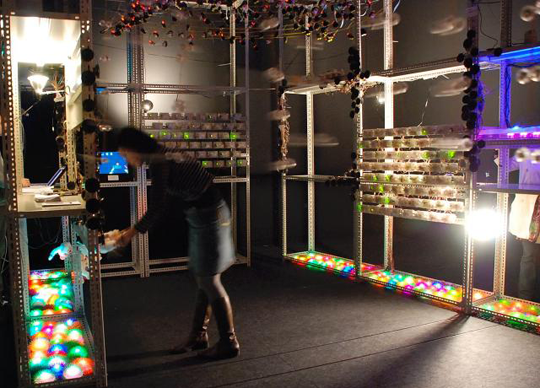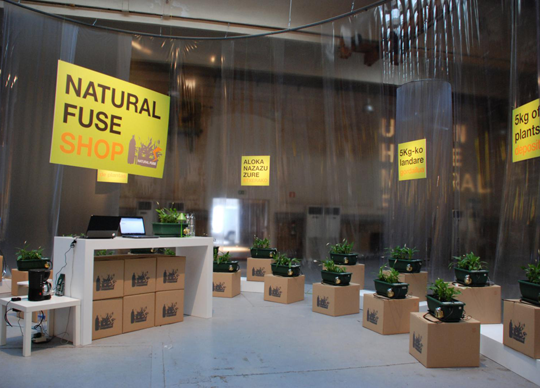

Usman Haque Umbrellium Architect & artist, director
Usman Haque is founding partner of Umbrellium, director of Haque Design + Research and founder of Pachube (now known as Xively.com), a real-time data infrastructure and community for the Internet of Things. Trained as an architect, he has created responsive environments, interactive installations, digital interface devices and dozens of mass-participation initiatives. His skills include the design and engineering of both physical spaces and the software and systems that bring them to life. He has been an invited researcher at the Interaction Design Institute Ivrea, Italy, artist-in-residence at the International Academy of Media Arts and Sciences, Japan and has also worked in USA, UK and Malaysia. As well as directing the work of Haque Design + Research he was until 2005 a teacher in the Interactive Architecture Workshop at the Bartlett School of Architecture, London. He received the 2008 Design of the Year Award (interactive) from the Design Museum, UK, a 2009 World Technology Award (art), a Wellcome Trust Sciart Award, a grant from the Daniel Langlois Foundation for Art, Science and Technology, the Swiss Creation Prize, Belluard Bollwerk International, the Japan Media Arts Festival Excellence prize and the Asia Digital Art Award Grand Prize.
In Praise of Messy Cities
This talk is supported by the BEP
The "smart city" approach suggests we simply need appropriate and accurate monitoring equipment to reveal all the intricacies and complexities of a finite and knowable universe -- technology helps us do these things "better", so, the argument goes, we need more technology. Yet, cities are what Russell Ackoff might call a "mess". Every issue interrelates to and interacts with every other issue; there is no clear "solution"; there are no universal objective parameters; and sometimes those working on problems are actually the ones who are causing them. Urban data isn't simply discovered, it is invented, manipulated and crafted; and cities aren't 'solved', they are created through the actions, motivations and decisions of their citizens. So what is "smartness" in this context? The talk will discuss the paradoxical structures of urban collaboration, and ways that the paradoxes can be harnessed in constructing participative architectural systems, with specific reference to Usman's
interactive environments, urban spectacles, collaboration platforms and other concrete examples.



